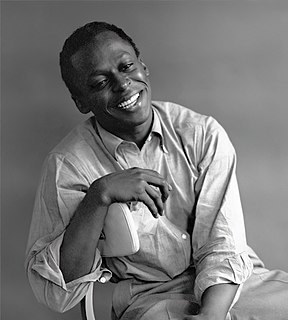It is proposed that this article be deleted because of the following concern:
If you can address this concern by improving, copyediting, sourcing, renaming, or merging the page, please edit this page and do so. You may remove this message if you improve the article or otherwise object to deletion for any reason. Although not required, you are encouraged to explain why you object to the deletion, either in your edit summary or on the talk page. If this template is removed, do not replace it . The article may be deleted if this message remains in place for seven days, i.e., after 00:49, 21 November 2018 (UTC). Nominator: Please consider notifying the author/project: {{subst:proposed deletion notify |Bird Gets the Worm|concern=not enough independent reliable sources exist, questionable notability}} ~~~~ |
"Bird Gets the Worm" is a composition by alto saxophonist Charlie "Bird" Parker. Like many of Parker's compositions, this tune features an original melody composed by Parker, superimposed over the chord changes from a popular tune: in this case "Lover Come Back to Me". Parker only made one recording of this song, which was at 340 beats per minute, making one of his fastest recordings. [ citation needed ]

Charles Parker Jr., also known as Yardbird and Bird, was an American jazz saxophonist and composer.
This composition appears on Cool Bird , a compilation of 1947 recordings featuring Bird accompanied by Miles Davis (trumpet), Duke Jordan (piano), Tommy Potter (bass) and Max Roach (drums), all of whom have a solo on this track.
Cool Bird is a compilation album released by Magnum Collectors of recording sessions undertaken during October-December 1947 by Charlie Parker's 'classic quintet' for the Dial label featuring Parker, Miles Davis, Duke Jordan, Tommy Potter and Max Roach. They are joined by J. J. Johnson on six of the 22 tracks.

Miles Dewey Davis III was an American jazz trumpeter, bandleader, and composer. He is among the most influential and acclaimed figures in the history of jazz and 20th century music. Davis adopted a variety of musical directions in a five-decade career that kept him at the forefront of many major stylistic developments in jazz.

Irving Sidney "Duke" Jordan was an American jazz pianist.